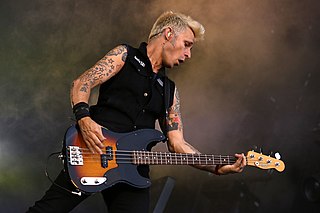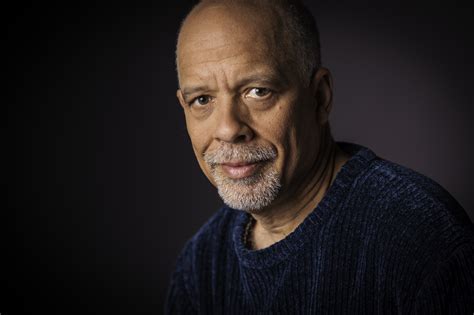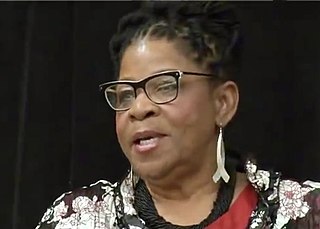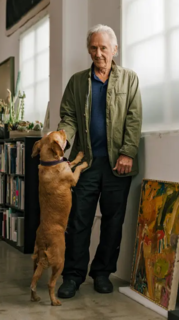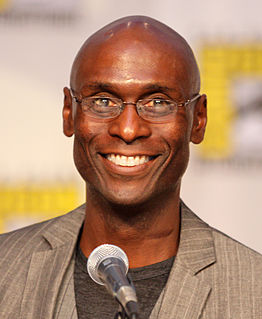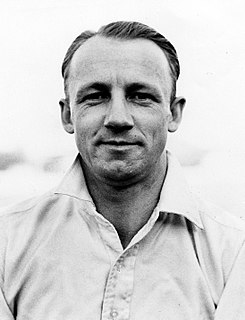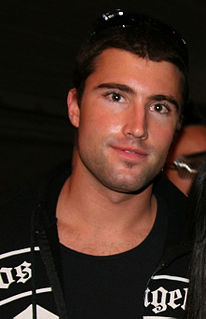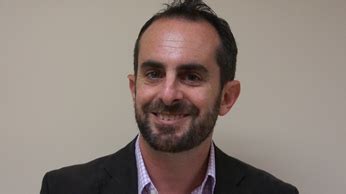A Quote by Bill Mauldin
I drew pictures for and about the soldiers because I knew what their life was like and understood their gripes. I wanted to make something out of the humorous situations which come up even when you don't think life could be any more miserable.
Related Quotes
They all laughed. I drew their pictures and they asked for copies and I handed them out as if they were my tickets to the show. In the Navy Yard, I could drink with men because I worked with men; in the Parkview, I could drink with men because I drew their pictures. The world was a grand confusion. Finally, when I was bleary, when my hand wouldn't do what I wanted it to do, I went home. I would lie alone in the dark, feeling that I was a character in a story that had lost its plot.
It made me very sad, that question. Sad and defeated. Because I knew she knew why I was thinking about that woman-I was thinking about my own tendencies toward aloneness and I thought I could end up like that woman, with a bird perhaps, or a dog-probably a dog, I know birds are supposed to make good pets but I think there's something creepy about them-but alone with a life that didn't touch or overlap with anyone else's, a sort of hermetically sealed life.
One of the things I did to make myself feel better is that I kicked up my running even more. I knew that I had to stay active, that I had to keep living as if my life was actually going to unfold naturally because when you stop, when you freeze, and you think about it, that's when the demons come and can drag you down.
Even happy situations can easily start to feel miserable. So, I think that people who consider themselves sophisticated or who are in fact sophisticated have come to distrust stories that are uplifting or simply stories in which the characters get what they want in the end. Because in life, what you want is never the end.
In the short stories - if I can make a very lumpy contrast - in the short stories I feel like the lives of the people have a kind of prior desperation and a prior need and my longing is for the story and their lives to somehow come together, even if not finally or forever, to face something; and it felt like a lot of the time with the essays I was wading into situations where there was an assumption of finality of understanding, and I felt like I could wade into any understood moment and tear it apart and make it fall apart.
I am sure it is everyone’s experience, as it has been mine, that any discovery we make about ourselves or the meaning of life is never, like a scientific discovery, a coming upon something entirely new and unsuspected; it is rather, the coming to conscious recognition of something, which we really knew all the time but, because we were unwilling to formulate it correctly, we did not hitherto know we knew.
I would like to die peacefully with Thomas Tallis on my iPod before the disease takes me over and I hope that will not be for quite some time to come, because if I knew that I could die at any time I wanted, then suddenly every day would be as precious as a million pounds, if I knew that I could die, I would live. My life, my death, my choice.
I knew hundreds and hundreds of women like me, who had traveled in and out of prison in a revolving door. They needed support and help just like I had received. And it could make a difference, just like it had made a difference in my life. I wanted to see them come back to the community and have a chance at a different life, too.
About the last thing I ever wanted in life was a knighthood, and even today some forty years after the event, I find it difficult to come to terms with a life where old and valued friends insist on calling me 'Sir' instead of Don, simply because they think it is protocol. But I have consciously shouldered these burdens because I felt that I was the medium through which cricket could achieve a higher status and gain maximum support from the people, not only in Australia but throughout the world.
If your ex is making things up about you, he's obviously miserable. It's just like, 'Wow, this person really cares to go out of their way to start a rumor about me.' I've dealt with it so much, obviously. The first couple of times, it really sucks. But then [they] just come out with something else. If you dwell on it, it's going to make you miserable. Just move on and laugh it off.
Life is like a film screen: pictures come, make an impression, go, and then make a place for new pictures with new impressions which obscure the previous ones. Some of those old pictures fade, but the impressions they leave will never pass away. Such an impression is the image of Hein Sietsma -- a joyful Christian who loved life so much but was still willing to give it to the great, good, and holy cause.




